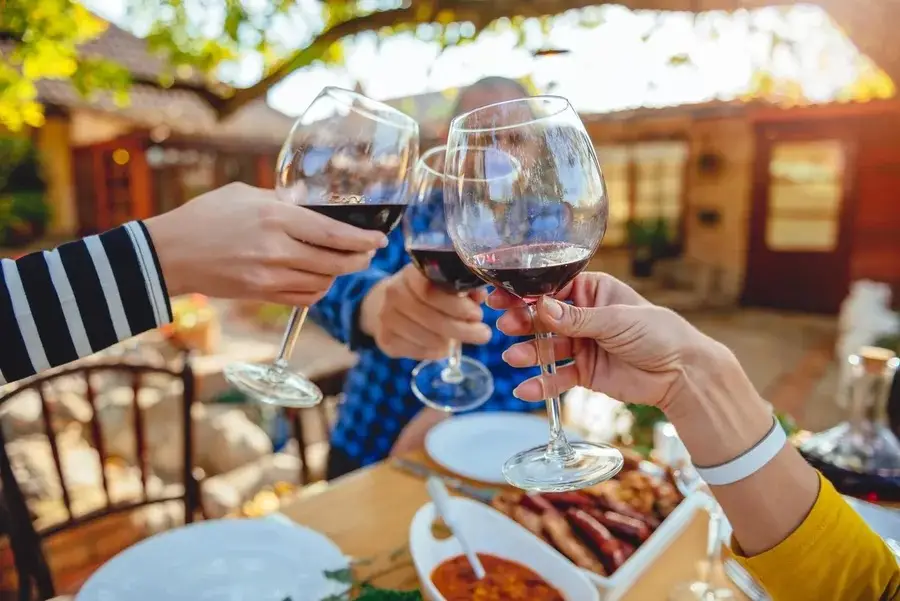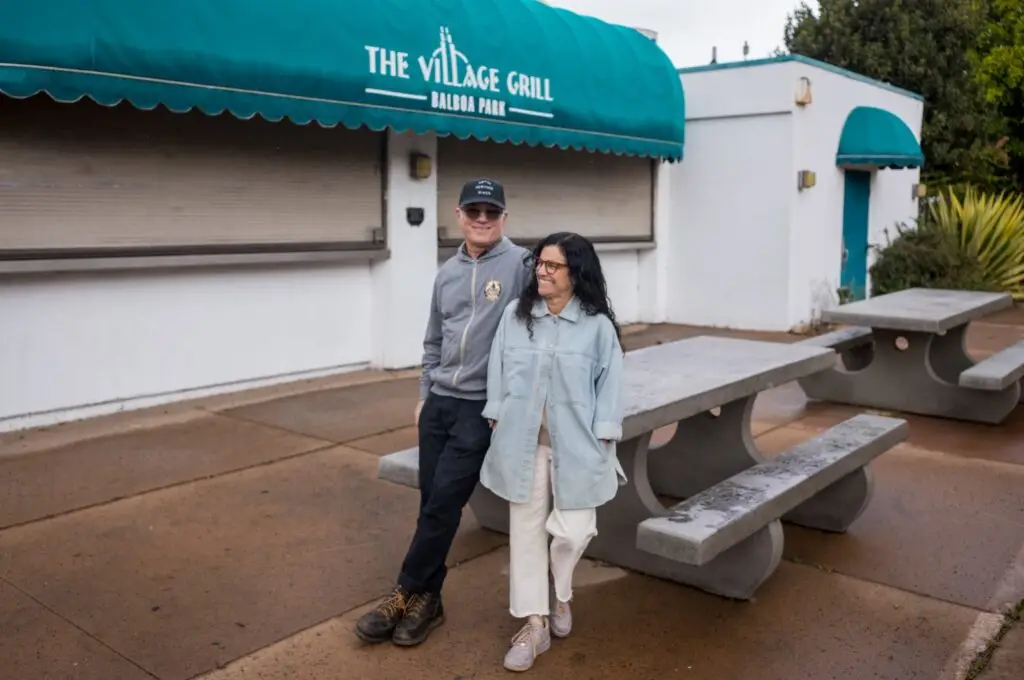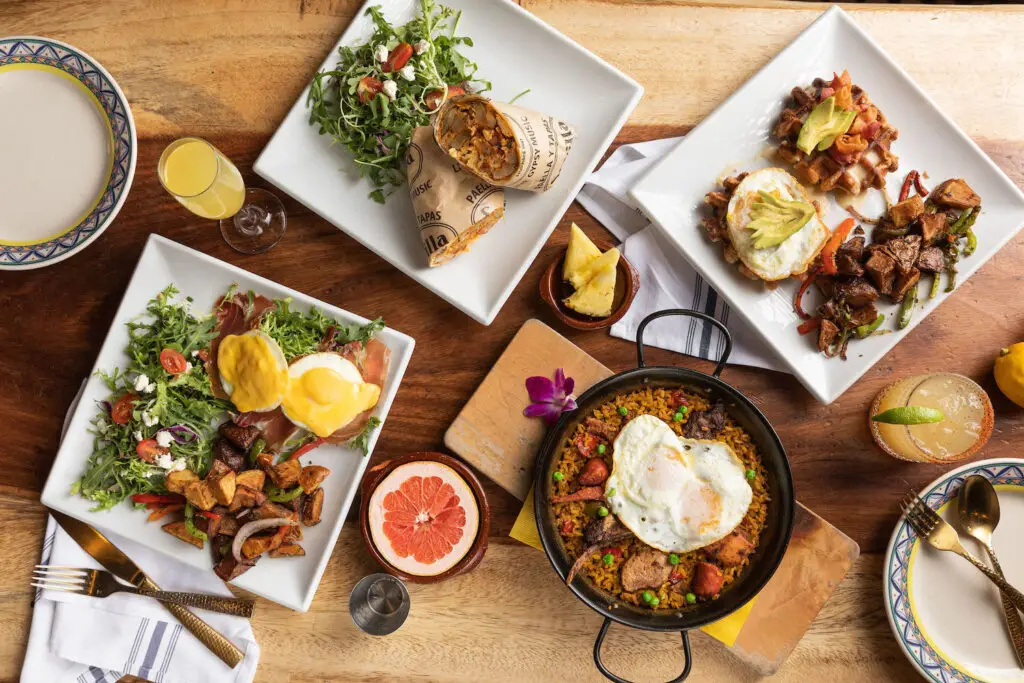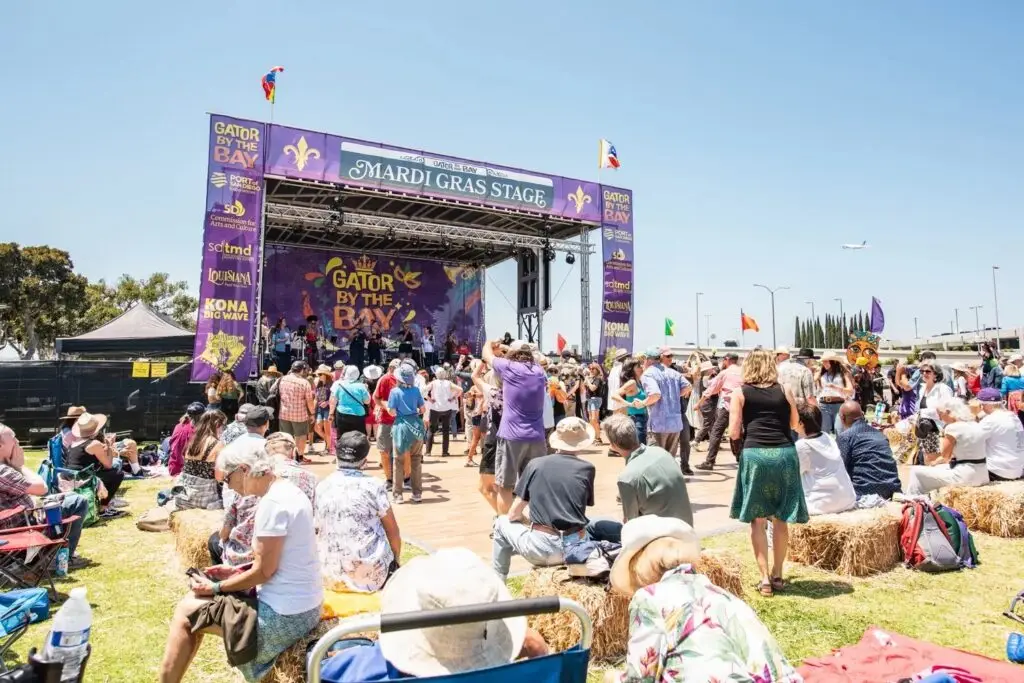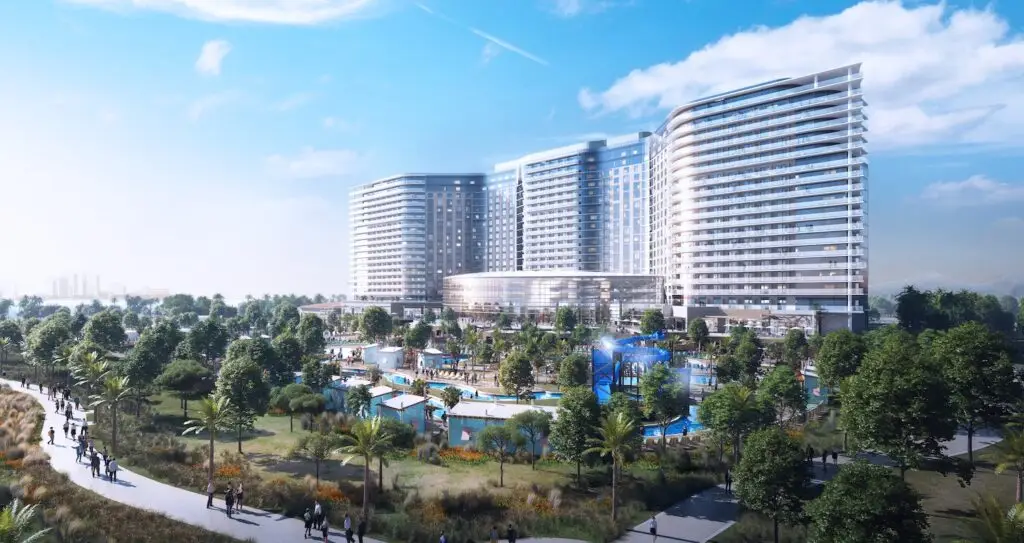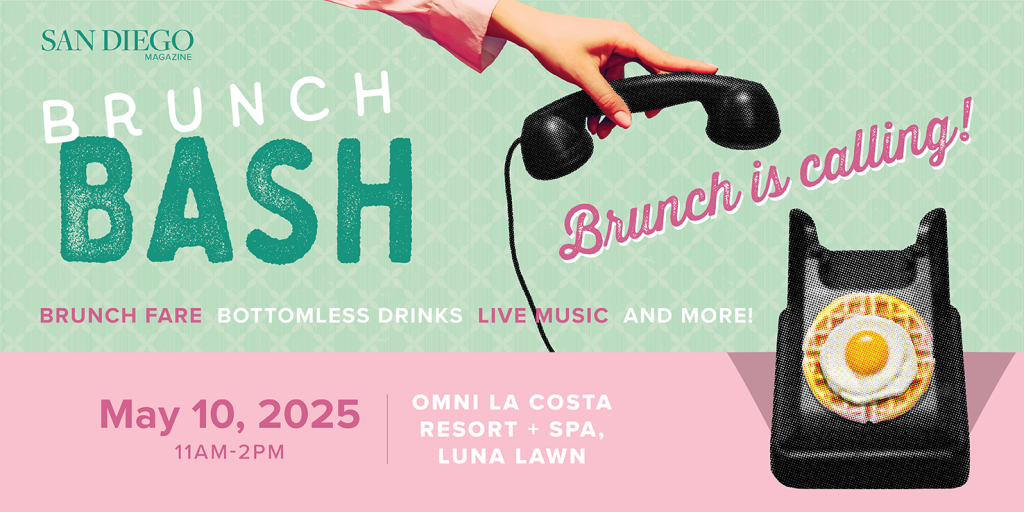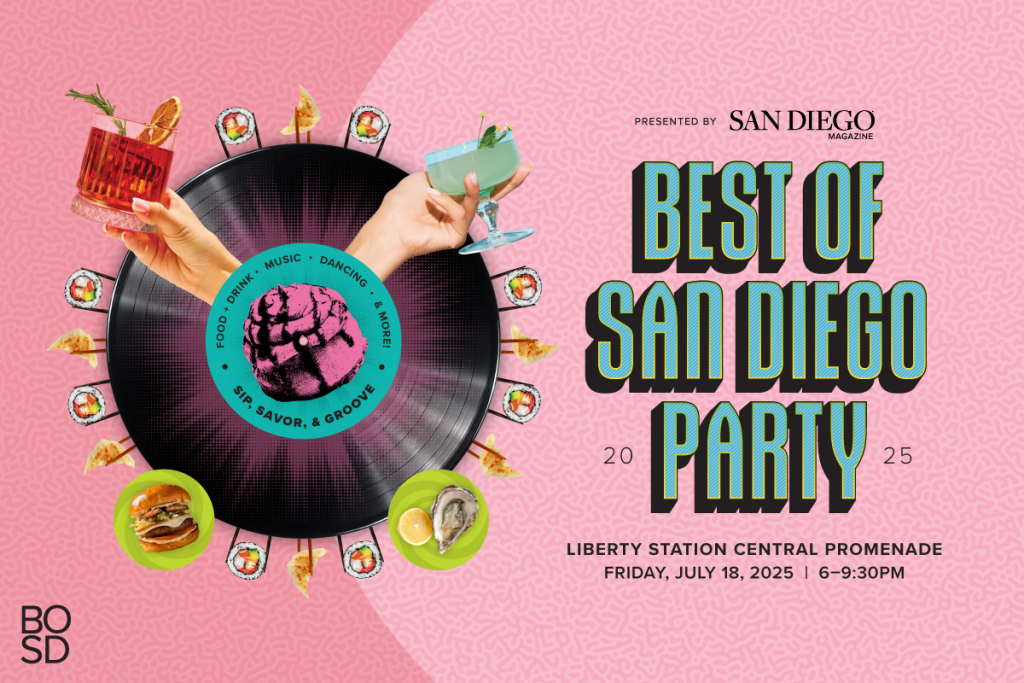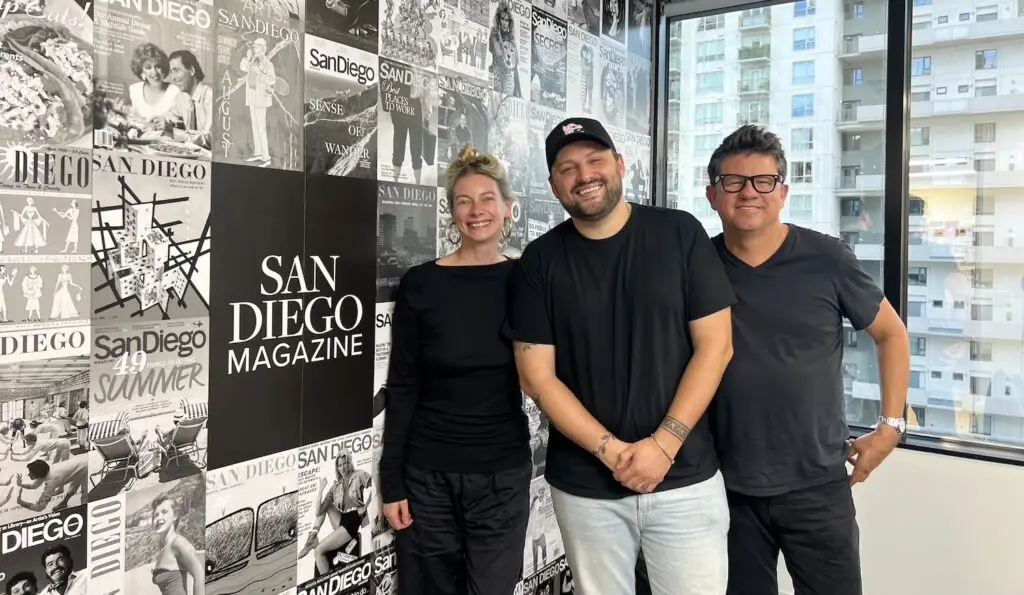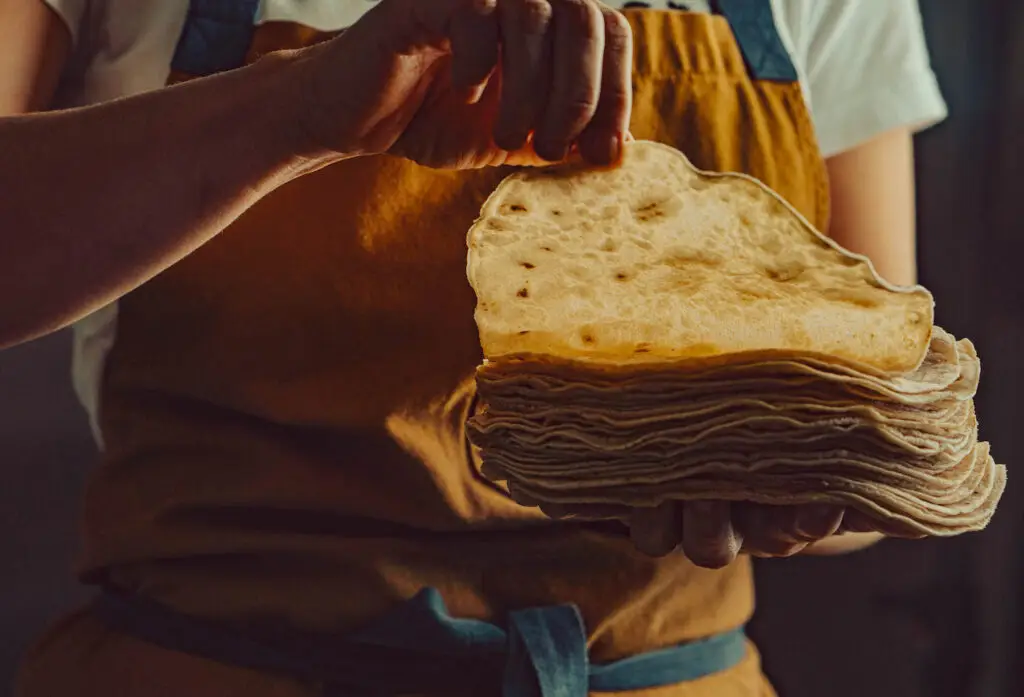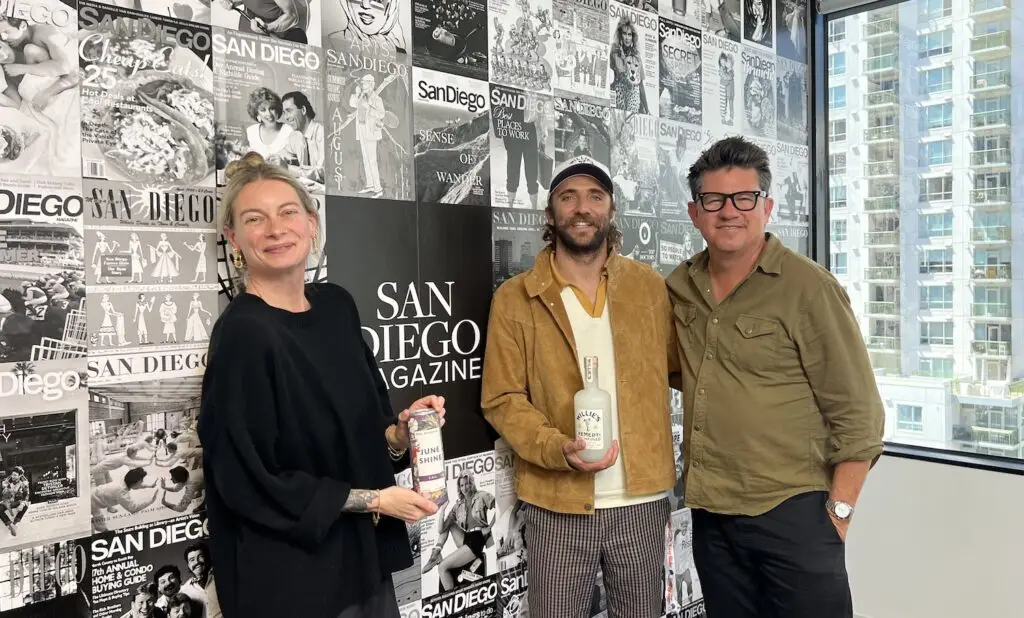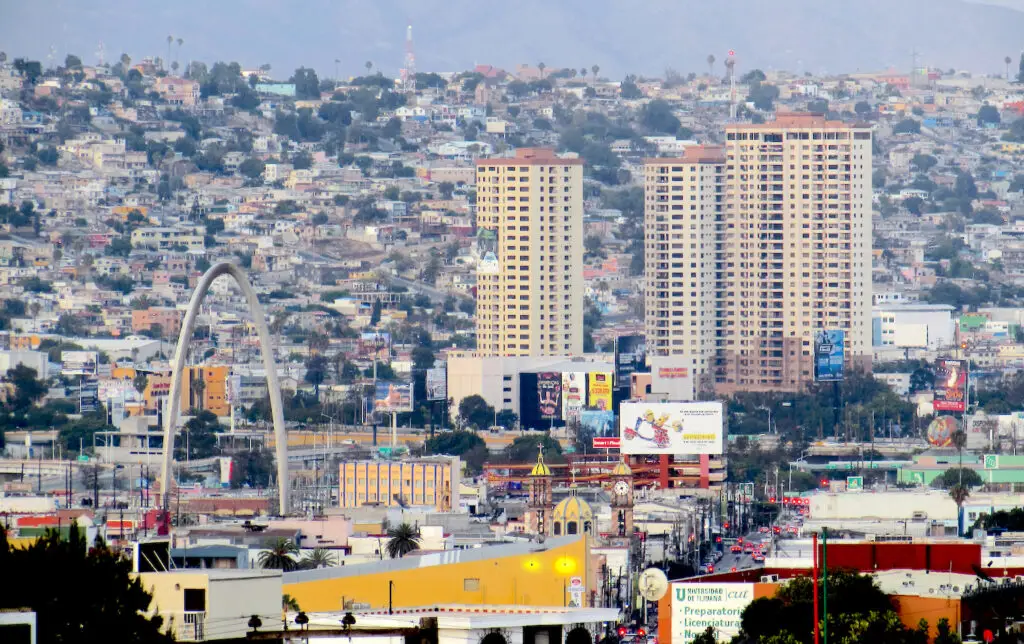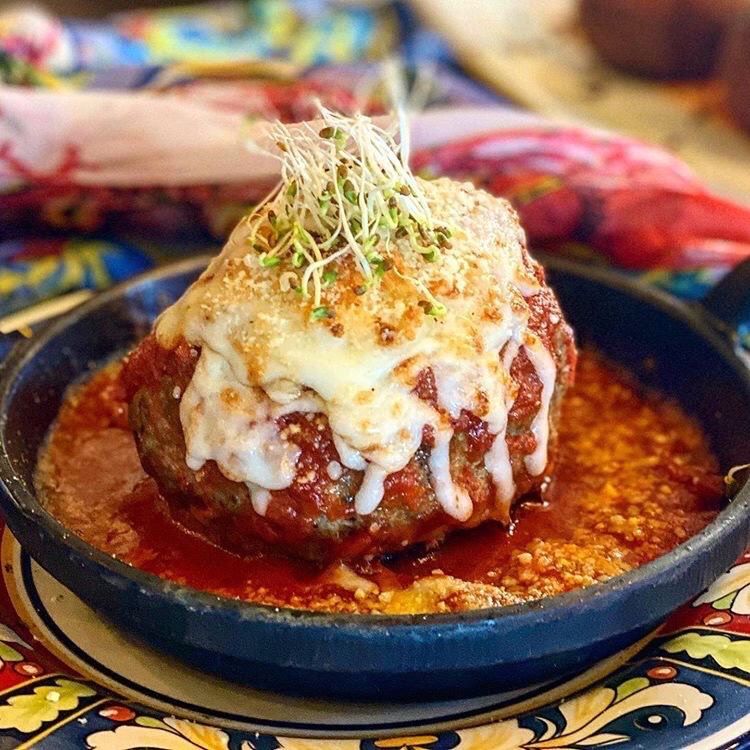The fries don’t need to be crispier or fluffier. The service is not too slow, forgetful, or distracted. The weird new safety protocols are not dystopian or annoying. Honestly the only thing that really matters is if the place is clean and safe.
Constructive criticism of restaurants has its time and place, and now is not the year nor the planet. As a food writer for the last 12 years, I’ve been paid to analyze restaurant culture. I always felt a bit uneasy about the criticism part. I mostly tried to experience it firsthand and interpret its stories, share some notes on what made me swoon and what made me shrug. I was real, respectful, and sometimes too harsh.
And right now, quite frankly, no one needs that crap. Restaurants need our support, not our qualitative Yelp analysis.
Food has never been restaurants’ biggest charm or raison d’etre. Their top-line virtue, their LinkedIn header, their elevator pitch—is hospitality and escape. A welcoming place populated by people trained to cater to your wants, to become your instant momentary friend, muster snickers for your jokes, receive your bar tales of burden without judgment, feed you and quench your thirst and entertain you. And few things in life besides sex are as emotionally pleasing as a great restaurant experience.
Restaurants turn the basic human needs of eating and drinking—needs which, aside from breathing, we have to repeat most often—into micro-vacations. They helped us momentarily escape bosses, humidity, rain, taxes, exes, parking tickets, school debts, roommates, kids, laundry, bullies, the list goes on.
Well, they may not feel like escapes for a while. There will still be quality music and plant walls and hopefully damn good food and drinks. They are master party hosts, so the good ones will probably even manage to make dining in the days of COVID entertaining. But it’s hard to escape the worst modern reality when everyone in the restaurant is wearing masks and gloves and holding a bottle of hand sanitizer.
So imagine a friend’s house burnt down. At their first dinner party, you wouldn’t care if you’re sitting on folding chairs. You wouldn’t complain if they’re a bit distracted or the sauce isn’t homemade.
It’s our turn to take care of them. It’s our turn to make these locals and neighbors feel valued and appreciated, to take their mind off the crushing economic blow of COVID19. The honor of showing hospitality shifts to us as diners.
Restaurants have always been the first to revitalize a neighborhood, to curate a culture. If we help them get through their scariest, most awkward moment, they will again.
I’m working on a story for SD Mag about some ideas of what that will exactly look like. But in his guidelines for reopening restaurants, California governor Gavin Newsom painted the basic picture.
Everyone will be in masks. Some will take your temperature at the door, ask about your recent travel and if you’ve had any symptoms. People will be cleaning everywhere. Kitchens will be operating on smaller staffs. Food will take longer. Menus will be smaller, shorter. There will be no condiments. The tables will not be pre-set. Fancy menus will mostly be gone for disposable ones. Convenient self-serve items (sodas, lemons, straws, silverware, whatever) will be gone. You’ll have to fill your own to-go container. The restaurant is going to look and feel empty. There may be mannequins in seats. There may be inflatable dolls of scandalous intent. You may be seated next to a table of giant theme park stuffed animals.
Quite frankly, most of these restaurants and their employees would rather not be here. Every time they show up for work, they’re putting themselves and the people they love at risk. But they are facing nothing short of financial ruin if they don’t give it a shot.
Almost overnight, they have had to reinvent their entire business model. Every owner and employee you see in front of you is learning a drastically new and difficult way to do their job, in real time. They are going to struggle. Restaurants have long been one of the most vigilant businesses when it comes to sanitization, but it’s impossibly more of a burden now. They’ve never had to fully sanitize every inch of a table after each guest.
So, please, deal with it. And if you are healthy and have the financial means, dine out. Support these people. Put on your empathy pants, stuff your pockets with patience. Order booze (the biggest money-maker in any restaurant).
To be clear, I think we should still as a community monitor which ones seem to be taking the guidelines seriously and creating a safe, clean environment. If you see a restaurant or employee flagrantly disregarding the new standards, ask to talk to the manager. Be the Karen (but a kind, caring Karen). Chances are they don’t know they’re making you feel unsafe. They are actively re-learning how to operate in a brand new, intimidating world. It’s not going to be perfect. The last thing these people want to do is scare you off, because their existence depends on you feeling safe. Don’t go running to an online forum and rip a local restaurant for a mistake.
If you bring it to their attention and they tell you to take a hike or refuse to change it, make absolutely sure that you’re clearly in the right that they should be changing their practices before going public.
But if you have any sort of complaint about the experience that isn’t related to public safety, please, dear god, keep it to yourself for a while. Just eat your burger a tiny bit overcooked, and realize you are here to help. If it’s a highly enjoyable experience, that’s gravy.
